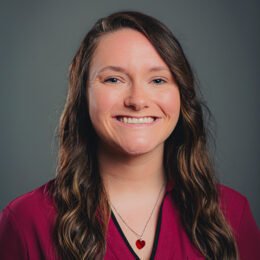Nursing BSN
Launch your nursing career with Manchester’s bachelor’s nursing program. This traditional BSN offers hands-on training, small class sizes, and early clinical exposure—preparing you for licensure and lifelong success in health care.
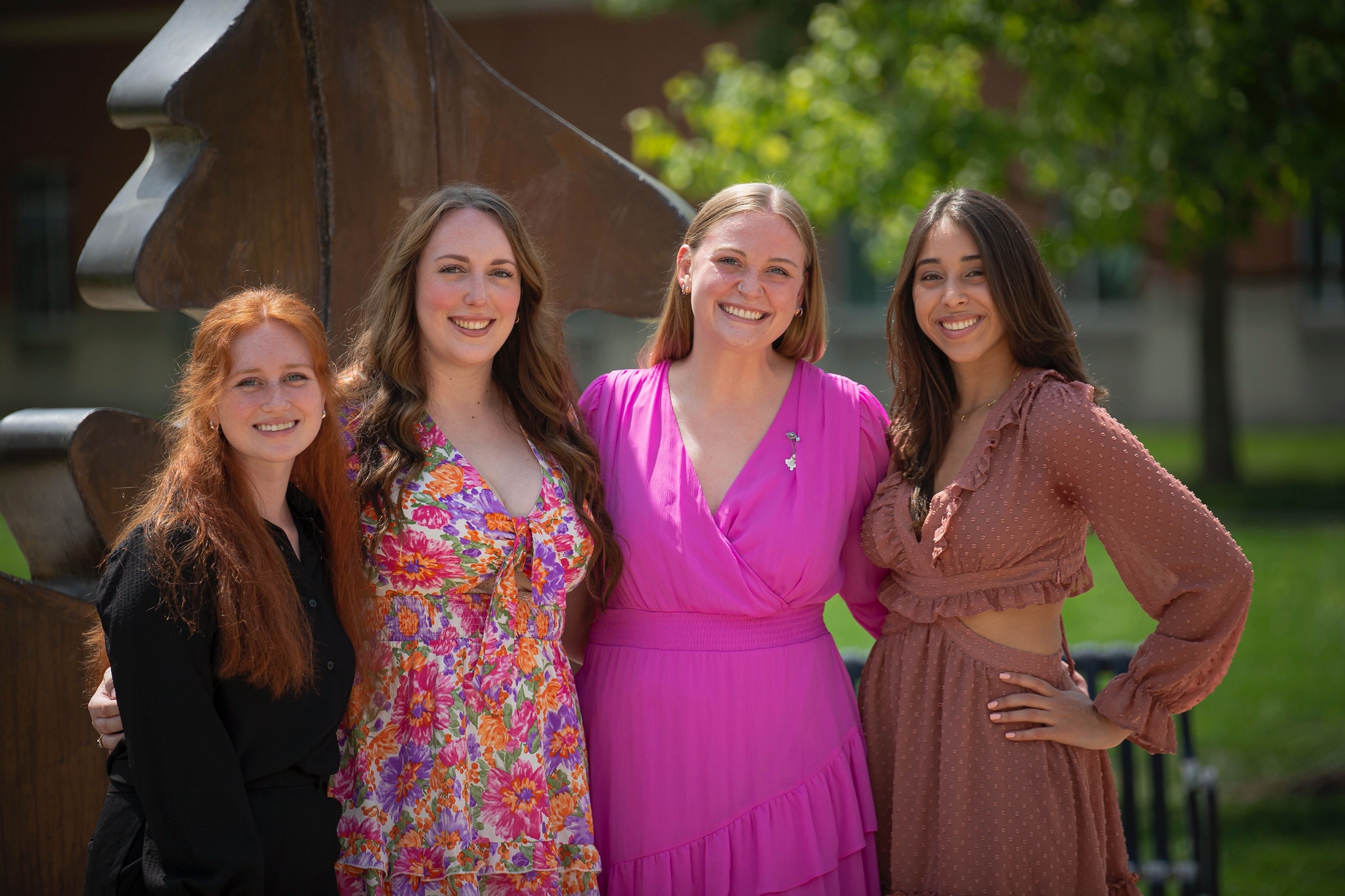
Launch Your Nursing Career with a Bachelor’s Nursing Program
Manchester University’s Bachelor of Science in Nursing (BSN) program offers a strong foundation in nursing education, clinical practice, and health care leadership. Designed for first-time college students and transfer students alike, this full-time, traditional four-year program combines classroom learning, simulation labs, and real-world clinical experiences. Graduates of our bachelor’s nursing program are prepared to provide compassionate, evidence-based care across diverse patient populations—and are eligible to sit for the NCLEX-RN exam upon program completion.
Program Information:
Major | BSN
- 120 Credit Hours
- 756 Clinical Hours
Learning Environment
- North Manchester
- Fort Wayne
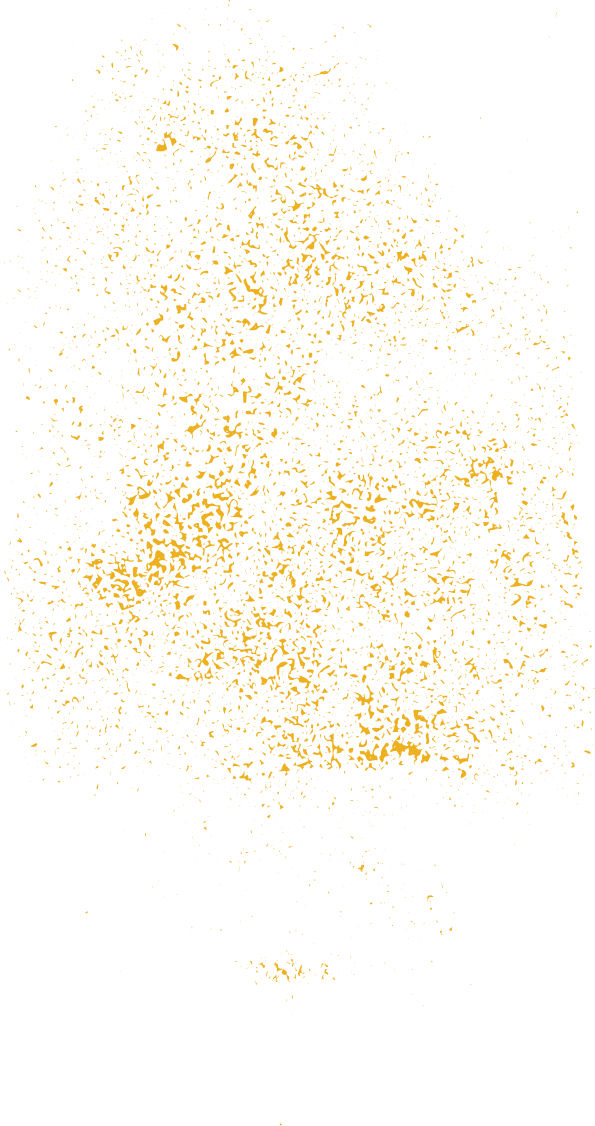

Why Choose MU for a BSN?
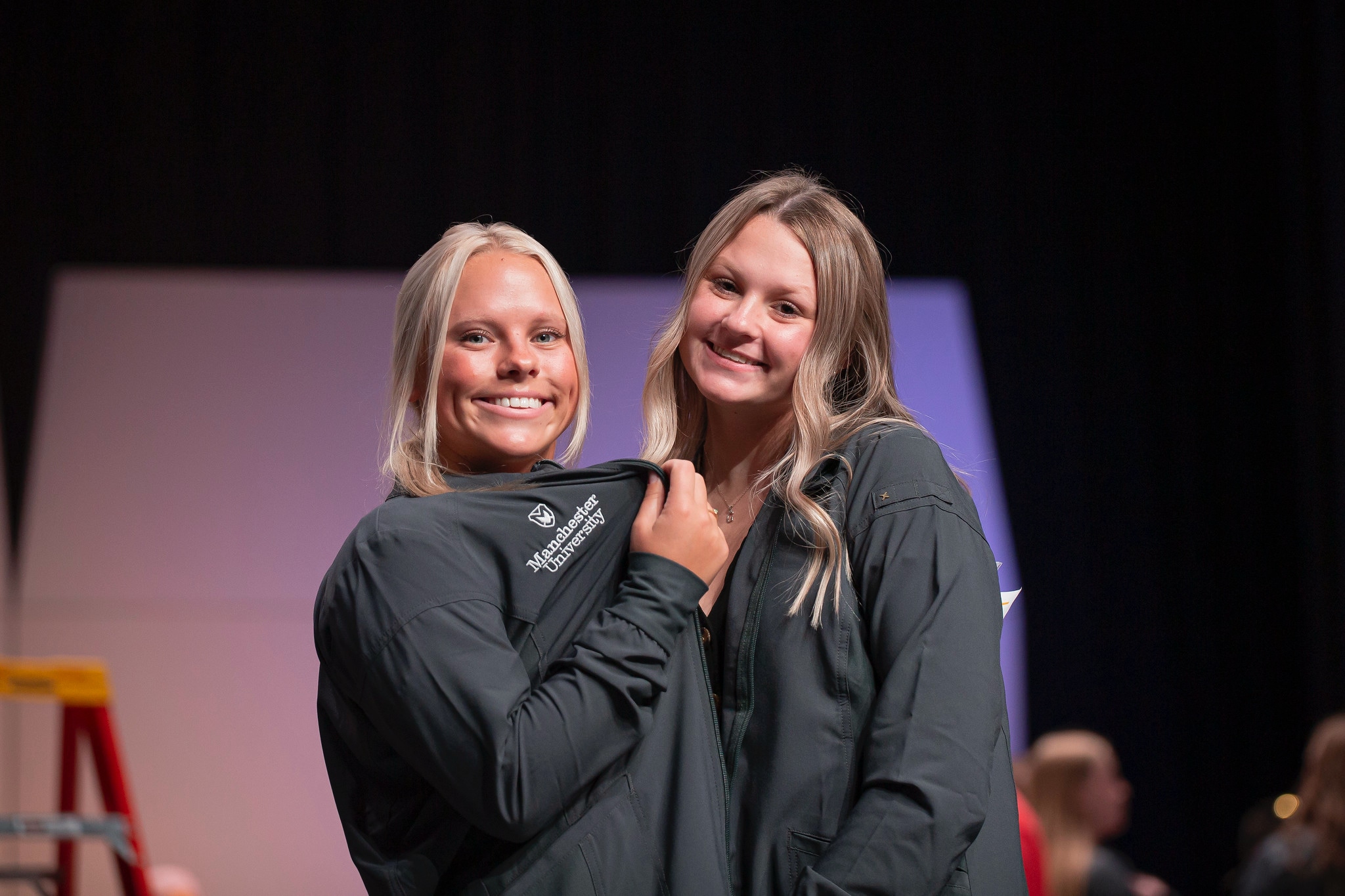
Early Clinical Experience
Small Class Sizes and Supportive Faculty
Strong NCLEX Preparation
What You Can Do with Your BSN Degree
Registered Nurse (RN)
Provide direct patient care in hospitals, clinics, and health systems.
Public Health Nurse
Promote community wellness through education, outreach, and preventative care.
School Nurse
Support student health needs in elementary, middle, and high schools.
Long-Term Care Nurse
Deliver chronic care services in nursing homes and rehabilitation facilities.

Average Starting Salary for Bachelor’s Nursing Degree Holders
Graduates of Manchester University’s Traditional BSN program are well-positioned to earn competitive starting salaries. According to the U.S. Bureau of Labor Statistics, registered nurses with a bachelor’s degree earn a median annual wage of $68,950, with starting salaries typically ranging from $61,000 to $75,000 depending on location and setting. With a projected 6% job growth through 2032, this nursing program prepares students for a stable and rewarding career in a high-demand field.
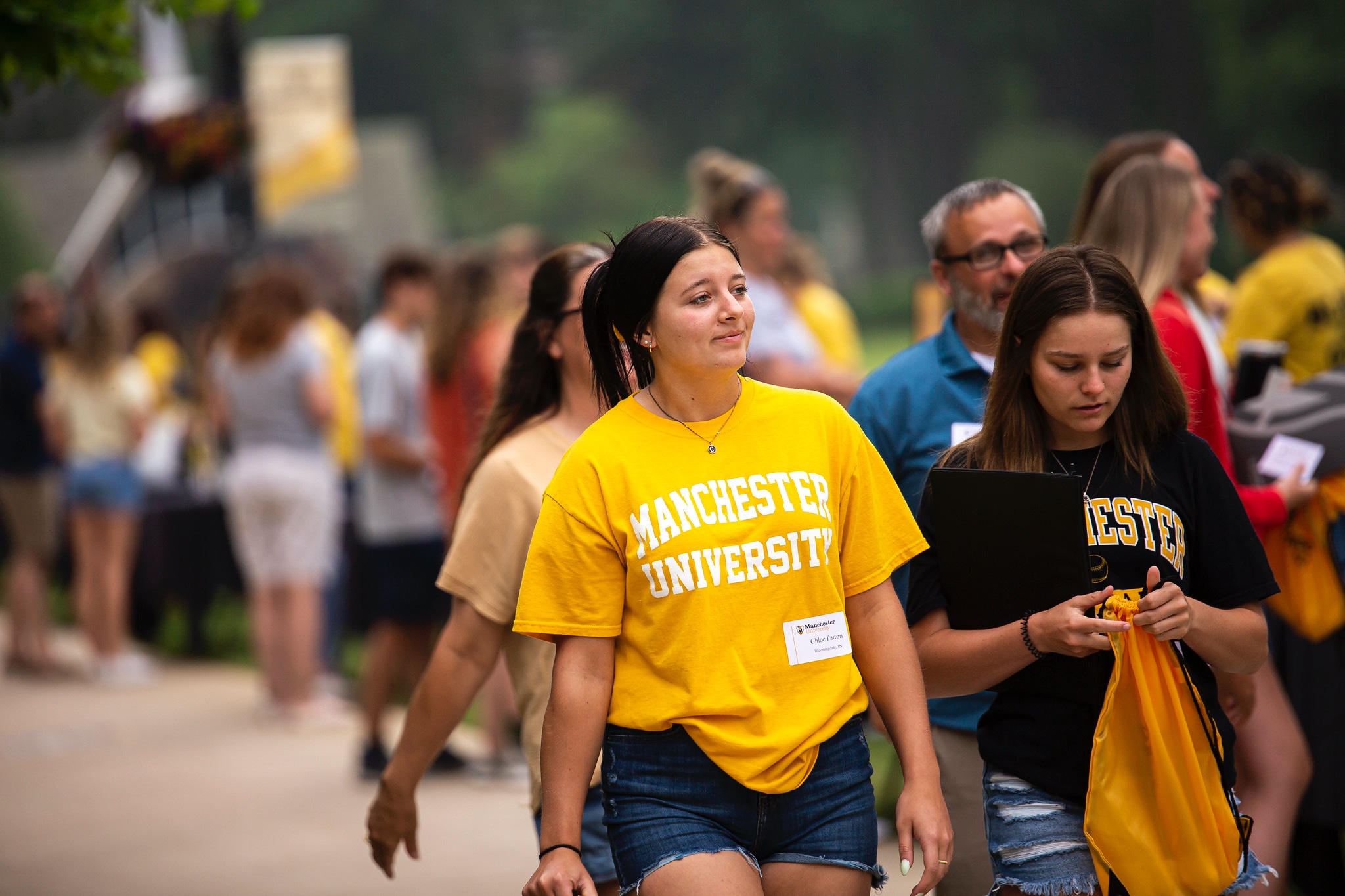
How the Traditional BSN Program Supports Your Success
Program Overview and Progression
As a nursing major, you’ll have access to facilities and resources at Manchester’s North Manchester campus and Fort Wayne location, the hub of MU’s health sciences programs.
Freshman year begins with an introduction to the nursing career and a focus on completing Manchester Core requirements as well as pre-nursing preparatory classes.
In the fall of your sophomore year, you’ll begin to take nursing-specific courses and, in the spring semester, attend clinicals.
Junior and senior year, you’ll be fully immersed in the nursing program and interprofessional health care experiences. You’ll also be participating in clinical and academic experiences at off-campus health care venues.
Admission Requirements and Prerequisites
Admission into Manchester University’s Traditional Bachelor of Science in Nursing (BSN) program is a competitive, two-step process. Students must first be admitted to the university, then apply separately for admission into the nursing cohort. Entry is limited and not guaranteed by university acceptance alone.
Early Assurance Program (For Incoming High School Seniors):
High-achieving high school students may apply for Early Assurance, which secures a seat in the nursing cohort, provided specific academic conditions are met during their first years at Manchester.
Eligibility Requirements:
- Minimum high school GPA of 3.5 (on a 4.0 scale)
- Completion of college prep courses, including science with labs
To retain Early Assurance status in college, students must:
- Maintain a minimum 3.0 cumulative GPA
- Earn a grade of “C” or better in all required science courses
Maintain a 3.0 GPA or higher in the following Manchester courses:
- Anatomy
- Physiology
- Microbiology
- Chemistry
Recommended—but not required—experiences to strengthen the application:
- 1 year of high school psychology
- 1 year of anatomy and physiology
- 30 hours of community service
- Volunteer or employment hours in a health care setting
- Participation in a health science-focused high school program
Standard Admission (Typically for Sophomore Applicants):
Students not offered Early Assurance—or those who switch into nursing from another major—may apply through the Standard Admission process during their sophomore year.
Eligibility Requirements:
At least 30 credit hours of college-level coursework, including:
- Anatomy
- Physiology
- Microbiology
- Chemistry
- Human Growth and Development
- Statistics
- Psychology
- Introduction to Nursing
- Minimum cumulative GPA of 3.0
- Minimum 3.0 GPA in science courses listed above, with grades of “C” or better
Additional Requirement:
All eligible students must complete an on-campus interview process prior to the start of the sophomore year. This includes submission of a prompted writing sample.
Note:
International students are currently not eligible to apply to the Traditional BSN program.
Traditional BSN Courses
The Traditional BSN curriculum at Manchester University is structured over eight semesters and includes both core liberal arts courses and comprehensive nursing education. Clinical courses begin in the spring of the sophomore year, with students completing 756 total clinical hours across diverse healthcare settings. The program requires at least 120 credit hours for graduation.
Students develop clinical judgment, evidence-based practice, and interprofessional collaboration skills through simulation labs and real-world patient care. The curriculum emphasizes safety, cultural competence, communication, and leadership—ensuring graduates are fully prepared for RN licensure and clinical success.
Traditional BSN Tuition and Fees
The annual tuition for Manchester University’s Traditional BSN program is $35,800, with additional mandatory fees including a $260 student activity fee and a $1,075 residential facility fee. Students should also anticipate specific nursing course fees for clinical and lab-intensive classes.
Nursing Course Fees (per course):
NURS 215: Health Assessment – $1,250
NURS 220: Fundamentals of Nursing – $1,250
NURS 320: Adult Health I – $1,250
NURS 325: Adult Health II – $1,250
NURS 430: Nursing Care of the Critically Ill – $1,250
NURS 435: Transition to Professional Nursing Practice – $1,250
Housing, meals, books, transportation, and personal expenses are not included in the above totals and should be factored into each student’s overall cost of attendance. Manchester University provides personalized financial counseling and encourages all students to apply for federal financial aid and institutional scholarships.
See the full tuition breakdown on Tuition & Fees
International Student Eligibility
At this time, international students are not eligible to apply to Manchester University’s Traditional Bachelor of Science in Nursing (BSN) program. The BSN has not received approval from the U.S. Department of Homeland Security for F-1 visa sponsorship, which is required for international enrollment.
International applicants interested in other health science programs may be eligible to apply to the Doctor of Pharmacy, Master of Athletic Training, or MBA programs. For a full list of approved programs and application instructions, please visit International Admissions.
Student Groups and Campus Involvement
Nursing students at Manchester University have several opportunities to connect outside the classroom through student-led organizations and leadership roles. These groups support academic success, professional development, and peer collaboration throughout the BSN journey.
Key opportunities include:
- Student Nurses Association (SNA): Offers leadership experience, networking, and service learning in the nursing community. Members attend state and national conventions and participate in volunteer activities.
- Manchester University Nursing Honor Society: Recognizes academic excellence and leadership potential among junior and senior nursing students.
- Peer Mentorship Programs: Upper-level nursing students often serve as mentors for underclassmen, helping with academic preparation and clinical transition.
- Health and Wellness Club: A multidisciplinary student organization promoting campus-wide wellness education, open to all health profession majors.
These organizations help BSN students build relationships, gain practical leadership skills, and make lasting contributions to the campus and local healthcare communities.
Clinical Experience, Lab Resources, and Learning Technology
Students train in simulation labs on both the Fort Wayne and North Manchester campuses using high-tech manikins that simulate realistic patient responses. Clinical experiences occur at regional hospitals, clinics, and rehab centers in both urban and rural settings. Coursework is delivered through Canvas, supported by 24/7 tech assistance.
Accreditation
The Traditional Bachelor of Science in Nursing Program and the Accelerated Bachelor of Science in Nursing Program at Manchester University are accredited by the Commission on Collegiate Nursing Education (CCNE).
The Traditional Bachelor of Science in Nursing and the Accelerated Bachelor of Science in Nursing programs are fully accredited by the Indiana Professional Licensing Agency.
Nursing Handbook
View the Handbook for Manchester University Nursing
Inside Our Nursing Labs
Manchester nursing students practice basic and advanced skills in state-of-the art nursing labs on both the North Manchester and Fort Wayne campuses. Training equipment includes high-tech nursing simulation manikins that can mimic human reaction to illness – including the ability to cry, sweat and bleed. This practice before entering a hospital or clinical setting builds student confidence and promotes better patient care.

Curriculum
As a nursing major, you’ll have access to facilities and resources at Manchester’s North Manchester campus and Fort Wayne location, the hub of MU’s health sciences programs.
Freshman year begins with an introduction to the nursing career and a focus on completing Manchester Core requirements as well as pre-nursing preparatory classes.
In the fall of your sophomore year, you’ll begin to take nursing-specific courses and, in the spring semester, attend clinicals.
Junior and senior year, you’ll be fully immersed in the nursing program and interprofessional health care experiences. You’ll also be participating in clinical and academic experiences at off-campus health care venues. You must have a mininmum of 120 credit hours. Clinical courses begin in the Spring of sophomore year – 756 clinical hours.
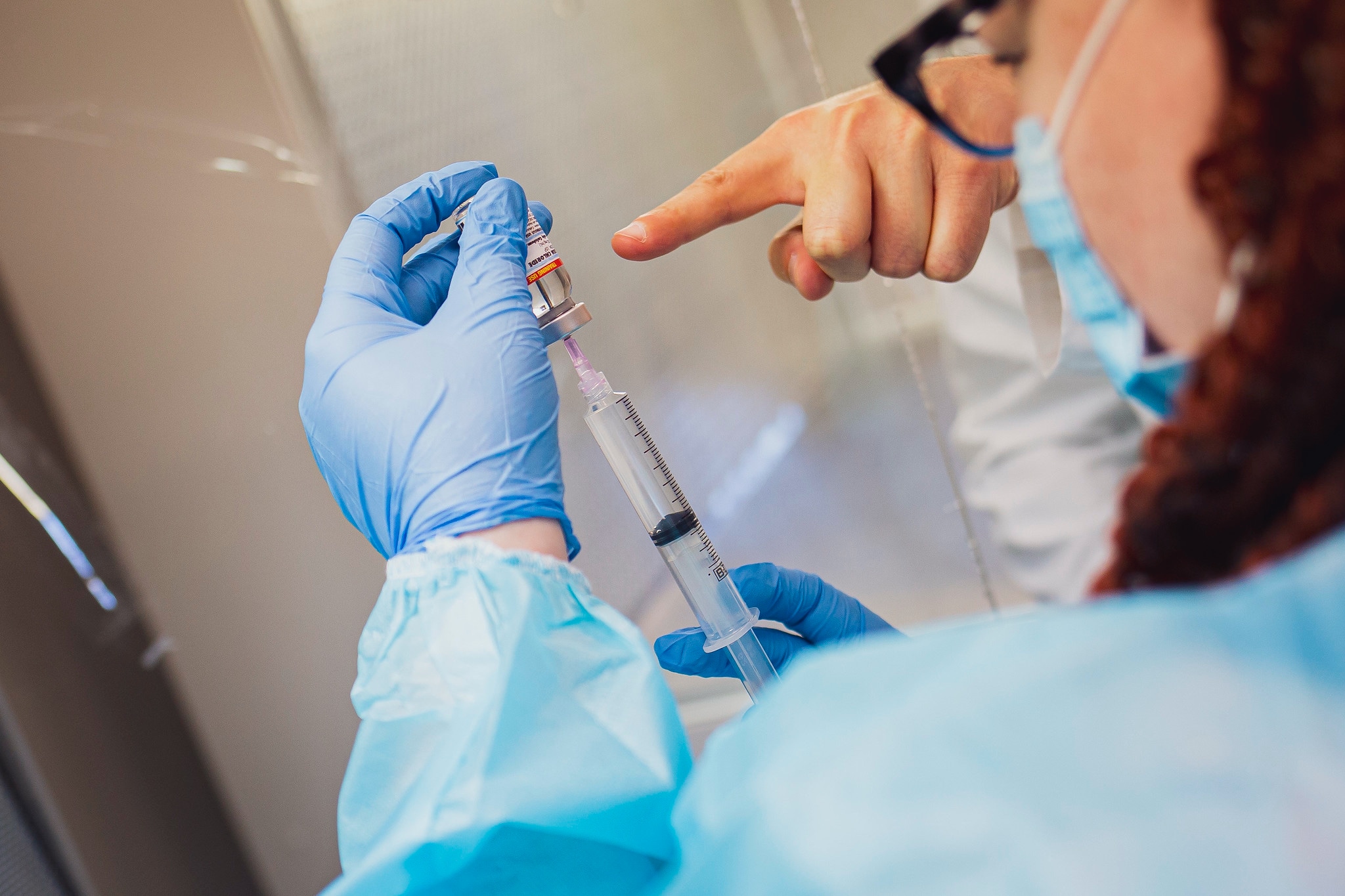
Year 1
Semester 1 Coursework | 13-15 Credits | Fall
- BIOL 204/204L – Fundamentals of Human Physiology with Lab | 4 credits
- FYWS 111 – First-Year Writing Seminar | 3 credits
- INTD 101 – First-Year Success Seminar | 1 credit
- PSYC 110 – Introduction to Psychology | 4 credits
- Core Elective | 1-3 credits
Semester 2 Coursework | 17 Credits | Spring
- BIOL 202/202L – Fundamentals of Human Anatomy with Lab | 4 credits
- CHEM 105/105L – Introduction to Inorganic Chemistry with Lab | 4 credits
- COMM 110 – Foundations of Human Communication | 3 credits
- MATH 115 – Elementary Probability & Statistics | 3 credits
- NURS 125 – Introduction to Nursing | 3 credits
Year 2
Semester 3 Coursework | 15 Credits | Fall
- BIOL 219/219L – Microbiology for Health Professions with Lab | 4 credits
- NURS 200 – Nursing Calculations | 2 credits
- NURS 210 – Pathophysiology for Nursing (NM campus) | 3 credits
- PSYC 224 – Developmental Psychology | 3 credits
Semester 4 Coursework | 15 Credits | Spring
- HUM 211 – Explorations in the Arts or Humanities | 3 credits
- NURS 216 – Health Assessment for Nursing (NM campus – 42 lab hours) | 4 credits
- NURS 220 – Fundamentals of Nursing (NM campus – 84 clinical hours) | 5 credits
- Exploration of Humanities or Arts Course | 3 credits
Year 3
Semester 5 Coursework | 17 Credits | Fall
- NURS 305 – Pharmacology for Nursing (FW campus) | 3 credits
- NURS 320 – Adult Health I (NM campus – 126 clinical hours) | 6 credits
- NURS 330 – Mental Health & Wellness (Hybrid – 42 clinical hours) | 4 credits
- NURS 410 – Nursing in the Community (Online – 42 clinical hours) | 4 credits
Semester 6 Coursework | 17 Credits | Spring
- NURS 300 – Maternal Newborn & Women’s Health Issues | 4 credits
- NURS 325 – Adult Health II (NM campus – 126 clinical hours) | 6 credits
- NURS 400 – Pediatric Nursing | 4 credits
- Core Elective | 3 credits
Year 4
Semester 7 Coursework | 13 Credits | Fall
- NURS 405 – Research for Evidence-Based Practices (NM campus) | 3 credits
- NURS 425 – Nursing Care of the Aging Population | 3 credits
- NURS 430 – Nursing Care of the Critically Ill (FW campus – 42 clinical hours) | 4 credits
- Creative Expressions Course | 3 credits
Semester 8 Coursework | 13 Credits | Spring
- NURS 440 – Preparation for Practice in Nursing | 3 credits
- NURS 450 – Capstone Practicum & Leadership in Nursing (168 clinical hours) | 7 credits
- Core Elective | 3 credits
Nursing Labs & Clinical Practice Sites
Manchester nursing students practice basic and advanced skills in state-of-the art nursing labs on both the North Manchester and Fort Wayne campuses. Training equipment includes high-tech nursing simulation manikins that can mimic human reaction to illness – including the ability to cry, sweat and bleed. This practice before entering a hospital or clinical setting builds student confidence and promotes better patient care.
Inside Our Nursing Labs
Take a look inside our nursing labs with these 360 degree tours!
- Nursing Lab and Classroom at North Manchester
- Nursing Lab on Fort Wayne Campus
- Nursing Classroom on Fort Wayne Campus
Hands-on experience and resources
Hands-on experience is a hallmark of a Manchester education. Nursing students have access to a wide variety of clinical sites in both rural and urban settings — from outstanding regional medical centers and specialty hospitals to rehabilitation centers, small community hospitals and clinics.
Meet the Faculty
FAQs About the Traditional BSN Program
What is a Traditional BSN Program and how long does it take to complete?
A Traditional Bachelor of Science in Nursing (BSN) program is a four-year undergraduate degree designed to prepare students for licensure as registered nurses. At Manchester University, this baccalaureate degree program combines liberal arts education with specialized nursing coursework and clinical training. Over eight semesters, students complete general education and science prerequisites, followed by core nursing courses and more than 750 hours of hands-on clinical experience. This pre-licensure program equips students with the nursing skills and critical thinking needed for modern professional nursing practice.
The curriculum supports students in developing competence in patient-centered care, communication, and evidence-based practice. Nursing students begin with a strong pre-nursing track before progressing into advanced topics such as pharmacology, pediatric and maternal health, and mental health care. Graduates are eligible to sit for the National Council Licensure Examination (NCLEX-RN), qualifying them to practice as registered nurses nationwide. Whether you’re a first-time freshman or among the many transfer students looking for a collegiate nursing education, this BSN degree offers the foundation you need for a lifelong nursing career.
What are the admission requirements for the Traditional BSN at Manchester University?
To enroll in Manchester University’s Traditional BSN program, prospective students must first gain general admission to the University. This includes submitting a completed application, official transcripts, and proof of a high school diploma or equivalent. While standardized test scores (SAT/ACT) are optional, students are encouraged to demonstrate a strong academic background in science and math. Once enrolled, students follow a pre-nursing track during their freshman year, which includes core courses in anatomy, physiology, microbiology, chemistry, and psychology.
Admission to the nursing major occurs through a competitive process, typically during the sophomore year. Applicants must have a minimum 2.75 overall GPA and at least a “C” grade in all required science courses. An on-campus interview and prompted writing sample are part of the formal review. Students interested in guaranteed placement can apply for the Early Assurance Program, which secures future entry to the BSN program if academic benchmarks are met. Note that this nursing practice program currently does not accept international students. Those admitted receive guidance from an academic advisor and may also be eligible for financial aid.
What types of clinical experience are included in the Traditional BSN program?
Manchester University’s nursing students gain real-world experience through 756 clinical hours integrated throughout the BSN program. These clinical experiences begin in the spring semester of the sophomore year and continue through graduation. Students rotate through hospitals, outpatient clinics, long-term care facilities, and community health organizations in both rural and urban settings. Clinical specialties include adult health, maternal and newborn care, pediatrics, mental health, and public health.
In addition to live clinical training, students participate in simulations on both the Fort Wayne and North Manchester campuses. These high-fidelity labs feature interactive manikins that mimic real patient responses, allowing students to build clinical judgment and communication skills in a safe environment. The nursing degree’s clinical experiences emphasize critical thinking, ethical practice, and interprofessional collaboration—core competencies in any professional nursing setting. This balance between classroom instruction, simulation labs, and direct patient care defines Manchester’s commitment to quality collegiate nursing education.
What nursing courses are part of the Traditional BSN curriculum?
The Traditional BSN curriculum is structured around general education, science prerequisites, and core nursing courses that span across eight semesters. Students start with foundational subjects like human anatomy, physiology, psychology, and chemistry—earning valuable college credit toward their degree. During the sophomore year, students take Introduction to Nursing and Health Assessment, followed by Fundamentals of Nursing, a hands-on course with clinical components.
Upper-level nursing courses include Adult Health I and II, Pediatric Nursing, Mental Health Nursing, Pharmacology, and Community Health. In their final year, students complete Nursing Research, Critical Care Nursing, and a capstone practicum focused on leadership in professional nursing practice. These courses are designed to prepare BSN students for the NCLEX-RN and to function effectively as entry-level registered nurses. The academic rigor and comprehensive training help graduates stand out in today’s competitive healthcare job market and prepare them for further study in a master’s degree program or other advanced nursing pathways.
How much does the Traditional BSN program cost and what financial aid options are available?
The estimated annual cost of Manchester University’s Traditional BSN program is $35,800 in tuition, plus approximately $1,335 in student activity and residential facility fees. In addition, several nursing courses—such as Health Assessment, Fundamentals of Nursing, and Adult Health I and II—carry a clinical fee of $1,250 each. This investment reflects the program’s extensive simulation resources, clinical placements, and academic support services. The total required credit hours for the BSN degree is 120.
Fortunately, a wide range of financial aid opportunities are available. Students can apply for federal grants, Stafford Loans, and institutional scholarships through the Free Application for Federal Student Aid (FAFSA). The Financial Aid Office works one-on-one with nursing students to identify scholarship opportunities—including nursing-specific awards that recognize academic excellence and leadership. Financial aid counselors are also available to help prospective students create customized plans for managing educational expenses throughout the nursing bachelor’s degree.
Are international students eligible to apply for the Traditional BSN program?
At this time, international students are not eligible to apply for Manchester University’s Traditional BSN program. This policy is due to federal regulations governing enrollment of non-immigrant students in pre-licensure nursing programs. Because the BSN is a nursing practice program that leads to licensure, it requires specific approval by the Department of Homeland Security for F-1 visa sponsorship. While Manchester is authorized to admit international students to other degree programs—including the Doctor of Pharmacy and select master’s programs—the BSN is currently not included.
Prospective international applicants interested in healthcare or nursing careers are encouraged to explore other undergraduate degree options at Manchester. The University remains committed to global education and offers advising and support through its Office of International Services. Should the Traditional BSN program receive future approval for international enrollment, updated admission decisions and application materials will be posted on the international admissions webpage.
What sets Manchester University’s BSN program apart from other nursing schools?
Manchester University stands out among nursing schools for its personalized learning environment, strong faculty mentorship, and early hands-on training. With small class sizes and accessible instructors, BSN students benefit from a deeply supportive academic experience. From day one, each student is assigned an academic advisor who helps guide their progress through general education and core nursing courses. Faculty bring real-world experience to the classroom, preparing students for success not only in the NCLEX-RN but in lifelong professional nursing practice.
Students begin clinical experiences as early as sophomore year and practice in simulation labs equipped with cutting-edge technology. The BSN program emphasizes holistic care, evidence-based practice, and interprofessional teamwork. Nursing students can also engage in professional development through campus organizations like the Student Nurses Association and the Nursing Honor Society. Graduates leave Manchester with not just a nursing degree, but the confidence and critical thinking skills to lead in dynamic healthcare environments—or pursue advanced study in a master’s degree program or beyond.
Non-Discrimination in the Admission Process
Manchester University is committed to non-discrimination in campus life. The University does not discriminate on the basis of national origin, ancestry, race, color, age, sex, gender identity or expression, sexual orientation, familial status, religion, disability or veteran status in admissions or any area of campus life, including its educational programs, scholarships and loan awards, residence life programs, athletic programs, extracurricular programs, promotion and tenure policies and practice, and alumni affairs.
Manchester University is committed to carry out the provisions of Section 504 of the Rehabilitation Act of 1973 and the Americans With Disabilities Act, which provide for accessibility of University programs to the physically disabled.









